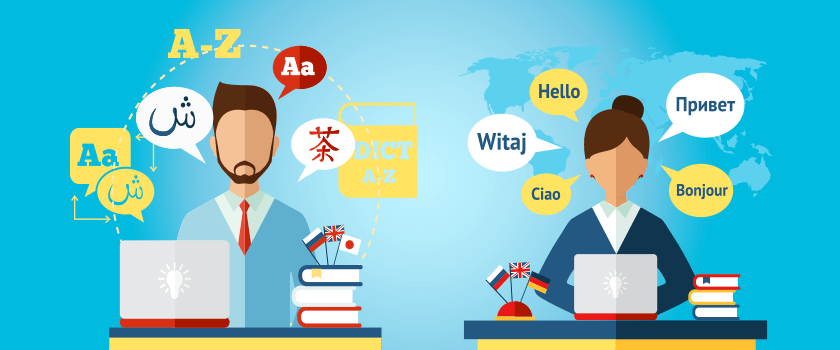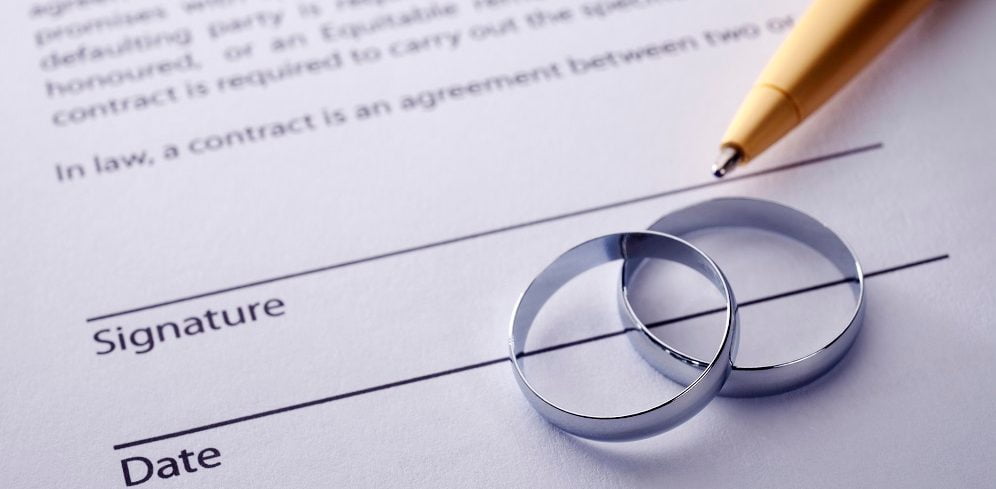UAE finds itself in a rapidly growing industrial landscape where technical documentation plays a vital role in ensuring that operations and compliance runs seamlessly. As trade and engineering ties between the UAE and Russia have been quite strong, especially for fields related to aviation, defense, manufacturing and energy, it is seen that the demand for accurate Russian to English and Russian to Arabic translations is more than ever. However, mere translation of technical manuals is not a simple linguistic exercise as its high-stakes nature implies that even a single mistranslation can result in costly mistakes.
In such an environment, accuracy becomes paramount to success as only specialized translation services in dubai can meet the level of precision that UAE industries demand.
Why Technical Manual Translation Matters
Technical manuals serve as the backbone of industrial processes as they can as guides for engineers on equipment installation and troubleshooting. When such documents originate from a language that is not universally spoken such as Russian manufacturers as is the case in sectors like power generation and heavy machinery, UAE companies tend to depend heavily on flawless translations. This ensures that every tiny little instruction is correctly understood.
Complications in Translating Technical Russian Texts
Translating from Russian to English and Arabic presents several challenges due to linguistic and structural differences between the two languages. To be specific, Russian syntax is specific which allows every word order variation to alter its true meaning. Contrastingly, English and Arabic both have fixed grammatical structures that need to be followed. The Russian language also uses compound nouns and abbreviations that are unfamiliar to translators without studying engineering. For example ‘TY’ (Tekhnicheskiye Usloviya) is referred to as technical specifications or conditions. Another complexity is added from measurement systems as Russian technical documents tend to reference metric standards or GOST (Russian State Standards) which largely differ from ISO or UAE industrial requirements. It is necessary for translators to not only be aware of these discrepancies but also include clarifying footnotes or conversion tables to sustain the consistency in conversions.
Industries and Sectors that Depend on Accurate Technical Translation in the UAE
The diversification strategy appointed by the UAE has resulted in numerous sectors where the Russian technical documentation is widely used. Some of these key industries are listed as follows.
- Energy, Oil, Coal and Gas
Russia is the global leader in energy technology and the UAE regularly imports machinery and equipment from there for oil extraction and power generation. Therefore accurate translation of operational manuals ensures that the UAE engineers can operate these systems in a safe space and in line with original manufacturer specifications.
- Aviation and Aerospace
The aviation industry requires absolute precision as Russian aircraft components and systems often come with strings attached with detailed manuals in Russian. Therefore, translators working within this sector must understand not only terminology of the aviation industry but also safety protocols and engineering schematics.
- Manufacturing and Large-scale Construction
UAE’s construction and manufacturing firms also rely on Russian technology ranging from advanced machinery to industrial automation systems. Hence, translating assembly guides and safety manuals allows that the equipment installed follows all the instructions carefully and can be operated in a safe manner.
- Defense and Engineering
Projects related to defense and state security involve sensitive documents that demand confidentiality and technical precision from the translator’s end. Therefore, certified translators must adhere to strict accuracy and security standards as laid out in manuals to ensure that every instruction and specification is faithfully rendered.
What is the Role of Certified Technical Translators
When it comes to technical manuals, translation bugs and errors can lead to financial consequences for the parties involved. This is why it is essential to onboard certified translators. A certified Russian translator must not only understand both the target and the source language but additionally also show proven expertise in the relevant technical sector be it mechanical engineering or telecommunications. This is because they often rely on specialized glossaries and translation memory tools to ensure consistency across large volumes of documentations that travel between the two continents.
Conclusion
In today’s globally connected economies, technical translation is not just about language conversion but instead involves operational success and precision across key documents. For industries that are operating within the UAE and who have Russian partners, accurate translation of technical manuals ensures efficiency and avoids costly misinterpretations in the future. Any single mistranslated instruction can result in damage, downtime and safety hazards whereas a meticulously translated manual will allow the team to perform with both increased accuracy and confidence. It is apparent that the industrial collaboration between Russia and UAE continues to grow which makes partnering with certified Russian technical translation experts no longer an option but an absolute necessity. In the context of heavy machinery, high-stakes production equipment and innovational engineering accuracy is the cornerstone of literally everything.


